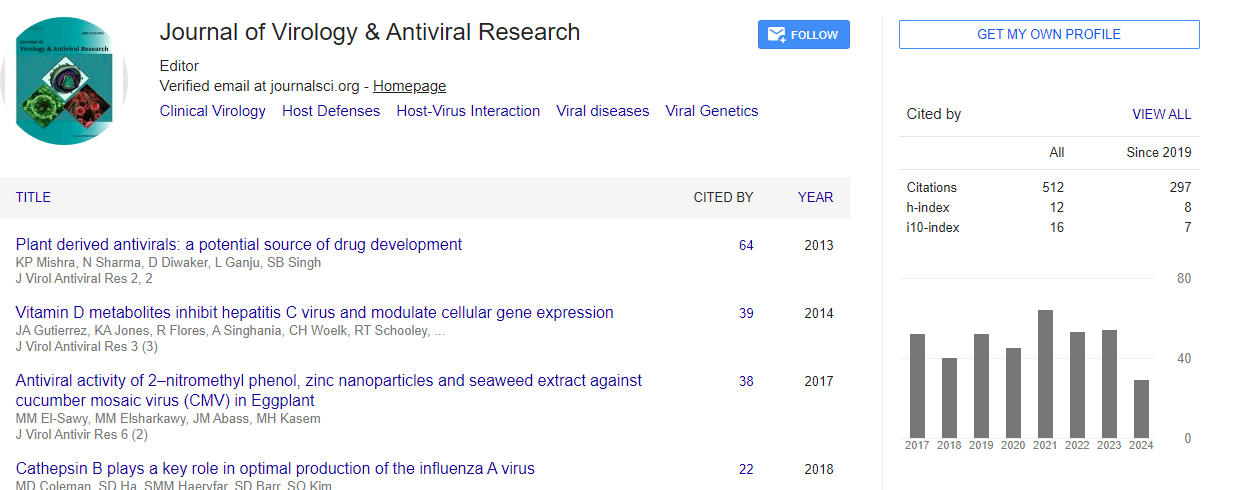Relationship between study staff and peer outreach workers in HIV prevention and care Studies among GBMSM, Kenya
Duncan O Okall, Darya Kizub, Laura Quilter, Lucy Atieno, Fredrick O Otieno, Robert C Bailey, Susan M Graham
Nyanza Reproductive Health Society, Kenya
University of Washington, USA
University of Illinois at Chicago, USA
: J Virol Antivir Res
Abstract
Background: In recognition of challenges GBMSM face in countries like Kenya, where same-sex sexual relations are criminalized, WHO advocates for a human rights-based approach to HIV prevention/treatment, where programmes are designed and implemented in collaboration with local populations. In low-resource, countries GBMSM remain hidden and hiring openly gay or bisexual local staff is difficult, peer outreach workers are crucial links in GBMSM programmes. Methods: We explored challenges peers and full-time staff in a two-year HIV prevention/ treatment study face. We interviewed 17 of the 24 staff and 13 of the 15 peers in the programme using a semi-structured, open-ended topic guide in English and Dholuo in June and July of 2016 and audio-recorded; notes supplemented these recordings. Each interview lasted about 60 minutes. As a “member check”, summary results presented to staff/peers in July 2016 and February 2017, respectively, and refined based on feedback. Presentation of the preliminary results to staff followed with the discussion about program improvements based on the feedback. Results: Most staff identified as heterosexual, while all peers identified as gay or bisexual. Staff considered some peers hardworking and dedicated but had concerns about coaching men to lie about sexual behaviours, project funds misuse, and inflated activity reports. Peers appreciated free medical care but voiced concerns about insufficient resources for participant tracing, stigma from some staff, and feeling excluded from key program decisions. Conclusion: Challenges faced by peers related to their responsibilities and to the relationship with study staff, most of who did identify as non-gay/bisexual. Peers need clear definition of their role/responsibilities related to recruitment, linkage to care, follow-up, retention and tracing; adequate resources, ongoing supervision, and frequent discussions to address challenges.
 Spanish
Spanish  Chinese
Chinese  Russian
Russian  German
German  French
French  Japanese
Japanese  Portuguese
Portuguese  Hindi
Hindi 

